Cost of Living: SSE Airtricity gas price to rise by 42.7%
- Published
- comments
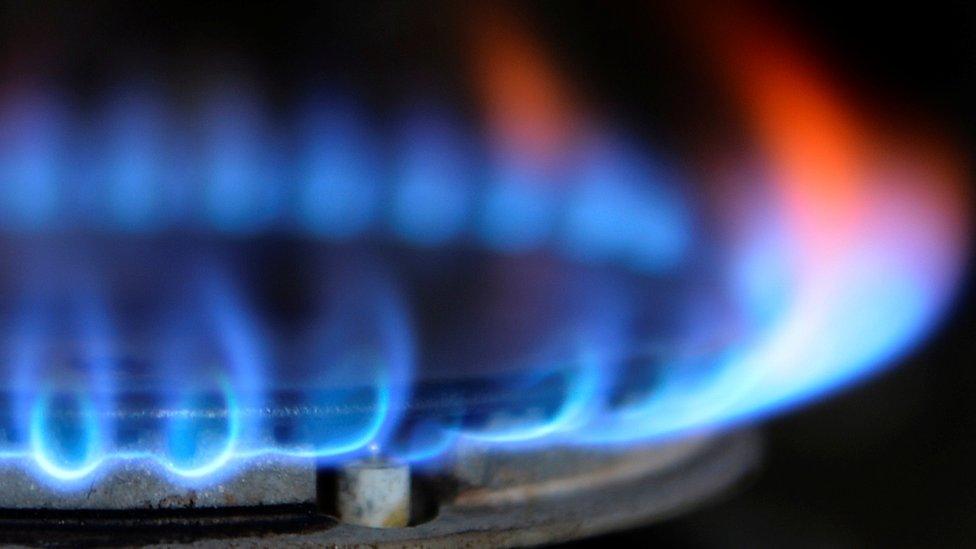
Gas costs about £2 per therm
SSE Airtricity has announced a 42.7% increase in gas prices from 1 July - a move which will hit 186,000 customers in Northern Ireland.
It comes on top of a 33% hike in the company's electricity prices which came into effect on Wednesday.
The Consumer Council said the gas price increase would mean an additional £1.02 per day onto the typical household bill.
This is the company's fourth increase in gas prices in just 15 months.
It follows a 39% rise in April 2022, a 21.8% rise in October 2021 and a 9.8% rise in April 2021.
Huge increases in the wholesale cost of gas are the main reason for the increases as wholesale costs make up about half of the typical household bill.
Andrew Greer, SSE Airtricity general manager (NI), said this was "not the news our customers want to hear".
"The cost of purchasing natural gas has remained at its highest level in over a decade and at times in recent months, it has hit record highs," he said.
"We would encourage any customer who is having difficulty with their energy costs to please contact us."
The company said it had also made a £1m donation to a local charity to support people struggling with the cost of living.
In March 2021, gas cost around 50 pence per therm, that cost has risen to around £2 per therm after hitting as high as £4.50 per therm late last year.
Their tariffs are independently scrutinised and approved by the Utility Regulator in consultation with the Consumer Council and the Department for the Economy.
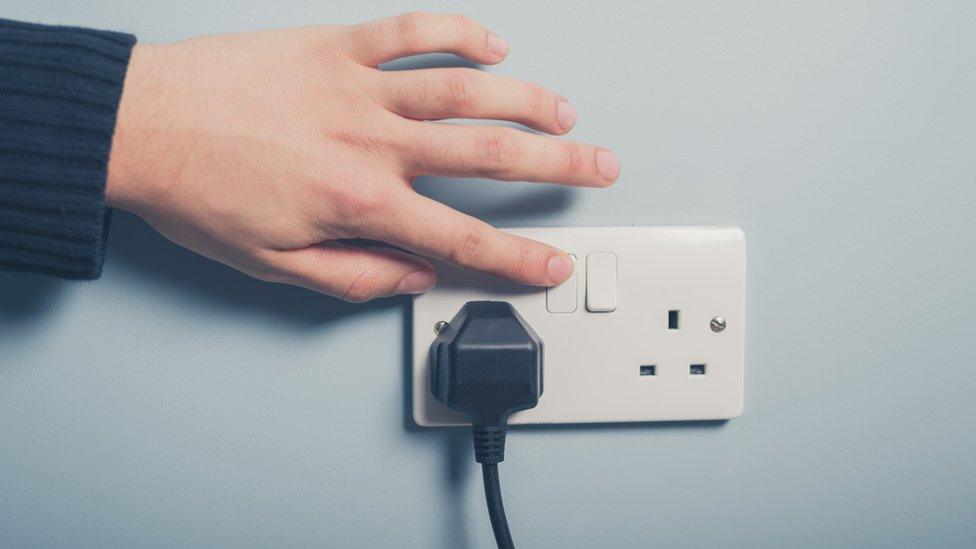
The electricity price rise is the second increase in six months
According to the Utility Regulator, the average household bill in Northern Ireland was £514 in April 2021 - that rose to £626 in October 2021, and £870 in April 2022.
The announcement comes on the same day that a previously announced 33% rise in SSE Airtricity electricity prices comes into effect.
The company is Northern Ireland's second largest electricity provider, with about 158,000 domestic customers.
It is the second electricity price increase in six months for customers in Northern Ireland following a 9% rise last December.
High and volatile prices on global wholesale energy markets are being blamed.
The Consumer Council said the latest increase means the SSE standard tariff for electricity credit meter and pay-as-you-go customers would increase by £248 to just over £1,000 a year.
Rival firms have also increased prices.
In May, Electric Ireland increased its prices by 30%, while Budget Ireland raised prices by 27%.
Last week, Power NI announced a 27.5% increase to domestic electricity prices from 1 July 2022.
This will add £204 onto the average annual household bill bringing it to £944 a year.

'Letting us down big time'
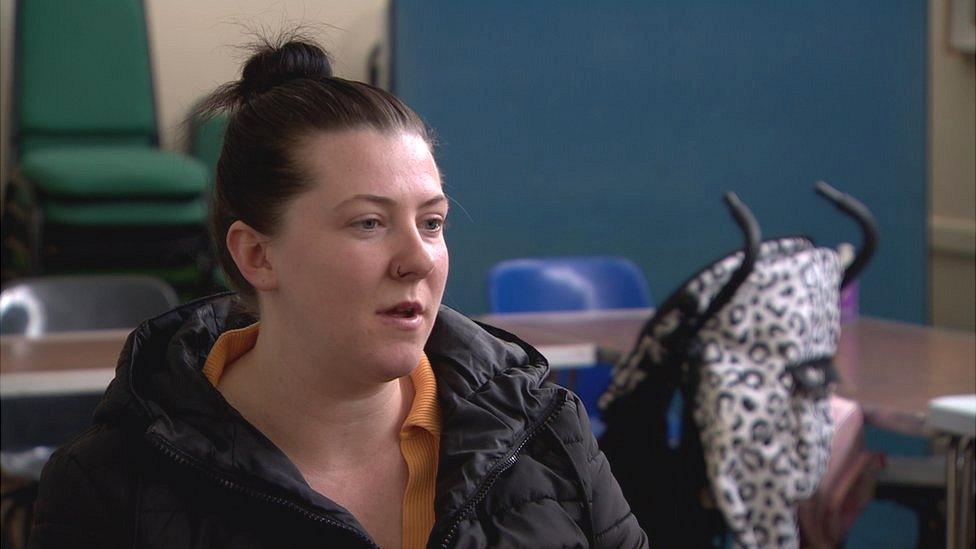
Katie Daly said it felt like all the price increases were happening at once
The latest has price hike come as UK inflation, the rate at which prices rise, hit a 40-year high.
Higher fuel and food prices, driven by the Ukraine war, are pushing the cost of living up.
Katie Daly told BBC News NI that she felt the Executive was "letting us down big time".
"A shop normally costing £50 is coming to £70, it's a jump when you're a single parent with two kids," she said.
"I used to get £10 electric on a Monday morning. I think it's about £25 a week now, that's over 100% increase.
"On my gas alone, I think I'm spending £100 a month. My son has asthma and I need to have heating on for him but the price of that is killing me."
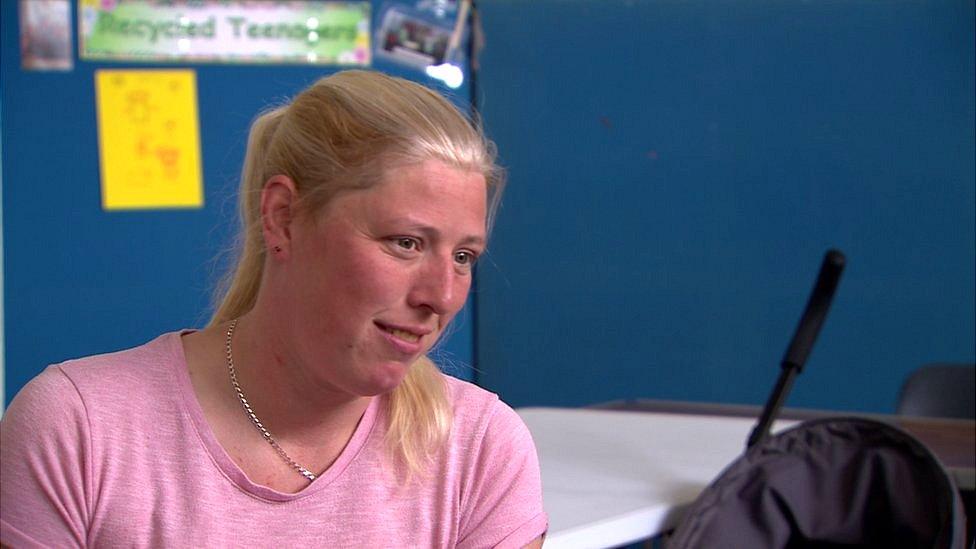
Stephanie Waite said she had not used her gas heating in winter because of the high cost
Stephanie Waite is also struggling with increasing power costs.
"I used to be able to be good for £20 a week on my electric, but now you're guaranteed about three days, four at best with £20," she said.
"The gas bills ... I haven't had my heating on over the winter, I bought myself a wee radiator just because it's either food or heating at the minute."

Peter McClenaghan from the Consumer Council, said: "While price increases are happening due to global reasons it doesn't make it any easier for people to pay their bills, particularly those in vulnerable circumstances.
"If you are struggling to pay your bills, the first thing to do is contact your supplier directly for help and information. There are measures that can be put in place."
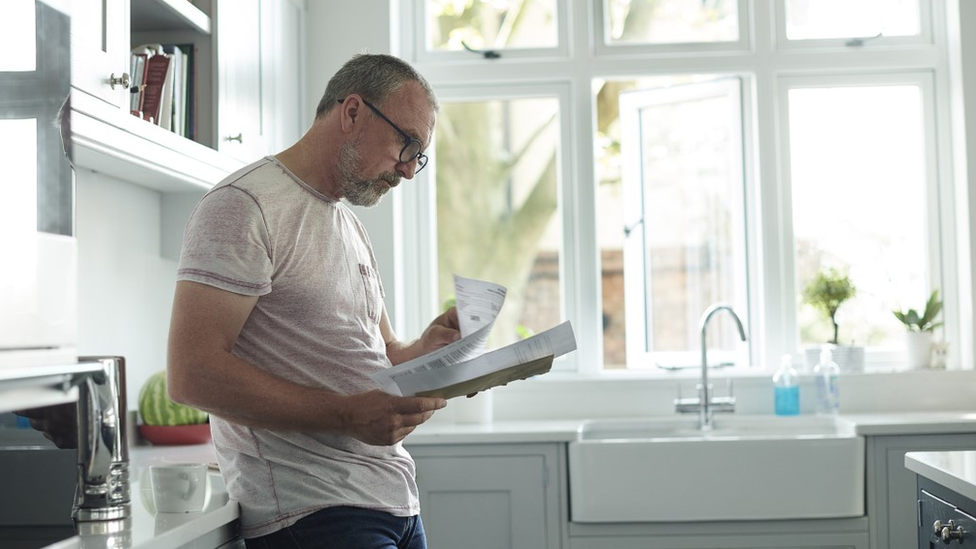
Carers NI said the increases were putting increasing pressure on carers
Craig Harrison from Carers NI said: "Carers are being hit by the double whammy of pre-existing financial pressures that are just being compounded by these sky-rocketing energy costs."
He said the stress was having "a massive impact" on people's health.
Related topics
- Published4 March 2022

- Published29 April 2022
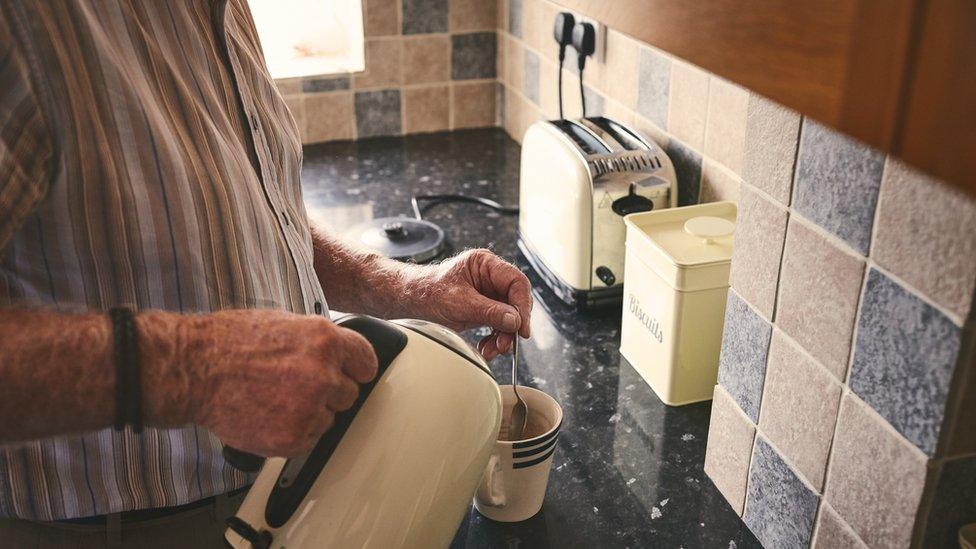
- Published25 August 2021
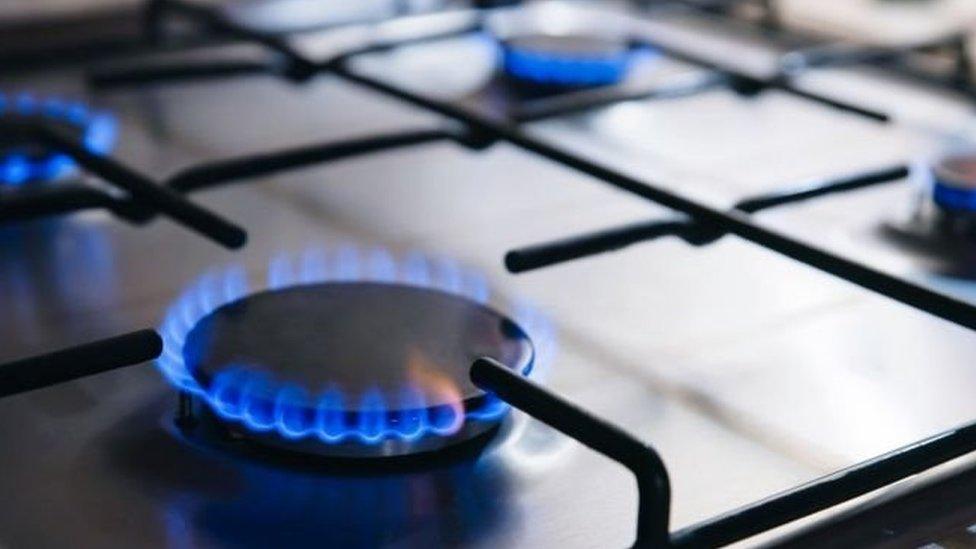
- Published30 March 2022
